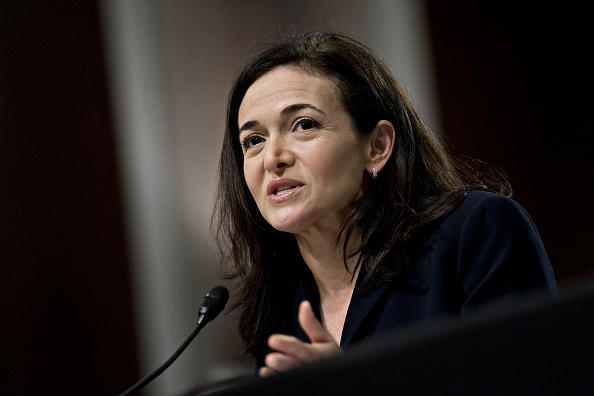Since the Christchurch shooting broadcasted live on its platform, Facebook has received a lot of questions. On Saturday, the New Zealand Herald published a letter from Facebook Chief Operating Officer Sheryl Sandberg answering questions and outlining restrictions for live video in the future.
Describing the attacks as “pure evil,” Sandberg acknowledged that people “rightfully questioned” the use of online platforms to spread the video. She said the company was “committed to reviewing what happened” and went on to add:
“We have heard feedback that we must do more – and we agree. In the wake of the terror attack, we are taking three steps: strengthening the rules for using Facebook Live, taking further steps to address hate on our platforms, and supporting the New Zealand community.”
The first step involves “exploring restrictions” for who can utilize Facebook Live “depending on factors such as prior Community Standard violations.” In addition, Facebook is investing in better technology that can “identify edited versions of violent videos and images.”
That isn’t surprising because Facebook previously shared that it used an audio matching technology to find videos its AI missed. What’s interesting is Facebook’s vague plans to restrict who can utilize live streaming on the platform.
Facebook hasn’t been the best at enforcing or even laying out its community standards before. After all, the company only banned white nationalism and white separatism on its platform last week. Facebook’s moderation issues will certainly impact the proposed model for restrictions.
However, Facebook’s recent ban does fall into Sandberg’s second step of taking “stronger steps to remove hate on our platforms.” The company has labeled the shooting as “terrorist attacks,” so any praise, support, and representation of them now violates Community Standards.
Lastly, Facebook will provide support to “four local well-being and mental health organizations” within New Zealand. Sandberg wrote that the company is ready to work with New Zealand to “further review the role that online services play in these types of attacks more widely.”
Sandberg’s letter is fine but overall incredibly vague. It seems Facebook is trying to get ahead of public pushback, especially as it faces potential consequences through a proposed Australian law and a French lawsuit.

